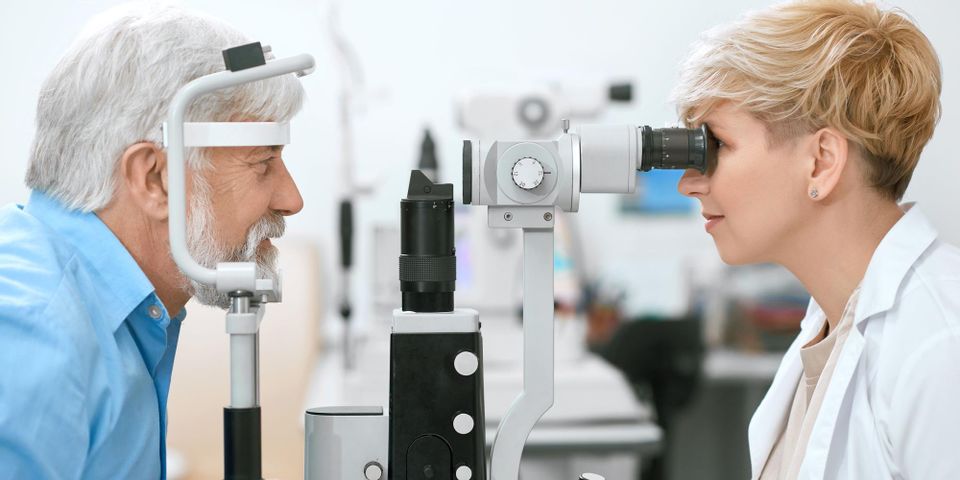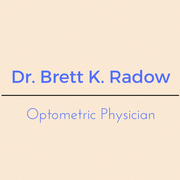
Glaucoma affects more than three million Americans, most of whom are over the age of 40. It’s the name for a group of eye disorders that damage the optic nerve and lead to vision loss. Learn more about glaucoma using these answers to commonly asked questions.
Frequently Asked Questions About Glaucoma
What causes it?
There are several types of this disease. In all types, the nerve connecting the eye to the brain is damaged. This happens when fluid builds up in the front area of your eye, which increases the amount of pressure and damages the optic nerve. This can occur due to inadequate drainage.
Experts aren’t quite sure what causes this blockage, but it may be inherited. Rare causes of glaucoma include an injury to your eye, infection, blocked blood vessels, and inflammatory conditions.
What are the symptoms?
Symptoms vary depending on the type of glaucoma the patient has. The most common type, open-angle glaucoma, has no symptoms other than slowly deteriorating sight and peripheral vision loss.
With other forms, patients may notice a halo around lights or other low-light visual disturbances. They may experience nausea and vomiting along with severe eye pain. Because the disease may be relatively asymptomatic, it’s important to have regular eye exams and a glaucoma test to catch it in its early stages.
Who is at risk?
 Most patients are over age 40, though children, teens, and young adults can also suffer from the disease. People aged 60 and over have a higher risk of getting glaucoma, as well as African-Americans and Hispanics. Other risk factors include nearsightedness, diabetes, high blood pressure, and past injuries or surgeries to the eye.
Most patients are over age 40, though children, teens, and young adults can also suffer from the disease. People aged 60 and over have a higher risk of getting glaucoma, as well as African-Americans and Hispanics. Other risk factors include nearsightedness, diabetes, high blood pressure, and past injuries or surgeries to the eye.
What is a glaucoma test?
A glaucoma test measures a patient's risk of open-angle glaucoma, the most common and asymptomatic form. An optometrist uses a machine called a tonometer to direct a puff of air at the patient's eye. This determines internal eye pressure, and the doctor then visually examines the optic nerve for damage.
If you are struggling with or suspect you might have glaucoma, contact Dr. Brett K. Radow in Spencer, WV for skilled, compassionate treatment. He and his team have been serving Roane County since 1980. They also specialize in the treatment of cataracts and macular degeneration. Visit their website to learn more about the practice or call (304) 927-5112 to make an appointment.
About the Business
(24 reviews)
Have a question? Ask the experts!
Send your question

